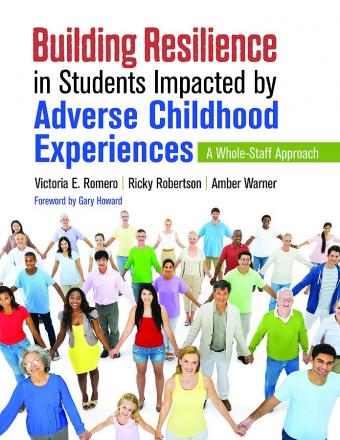Maltreatment/Bullying
Children are expected to be loved, nurtured and protected. Instead one in four children with disabilities will experience maltreatment, i.e., physical, sexual and/or psychological abuse. The maltreatment experience significantly inhibits the children’s learning, language, behavior, social and academic performance. In recognition of this reality, CEC has recently established the policy that educational professionals must not only recognize and report, but also prevent and respond to the maltreatment of their students. As a result, professionals must now learn how to give their students the knowledge, skills and resources they need to recognize, avoid and when necessary, respond to maltreatment.
If you have questions about maltreatment or best practices in this area, please contact CEC to be put in touch with a subject matter expert in this field.
Related Materials
Building Resilience in Students Impacted by Adverse Childhood Experiences

CEC’s Policy on the Prevention of and Response to Maltreatment
Recognize, Respond, Report: Preventing and Addressing Bullying of Students with Special Needs

Helping Students Cope with Traumatic Events
When violent acts occur in the midst of normal everyday events, they can put students on a heightened state of alert and cause justifiable levels of stress and anxiety. Educators can help students...